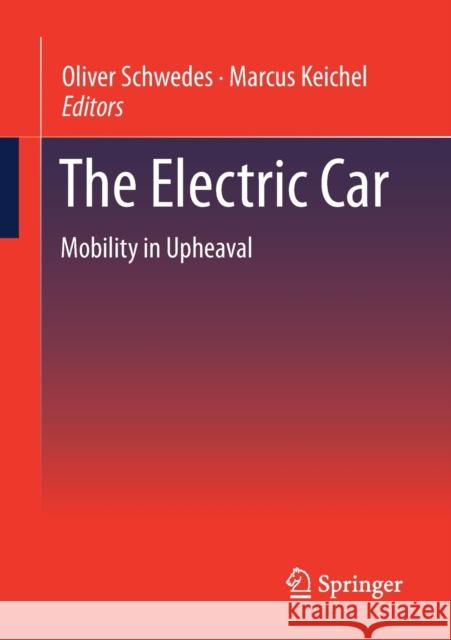The Electric Car: Mobility in Upheaval » książka
topmenu
The Electric Car: Mobility in Upheaval
ISBN-13: 9783658297596 / Angielski / Miękka / 2020 / 151 str.
Kategorie:
Kategorie BISAC:
Wydawca:
Springer Vieweg
Język:
Angielski
ISBN-13:
9783658297596
Rok wydania:
2020
Wydanie:
2021
Ilość stron:
151
Waga:
0.22 kg
Wymiary:
21.01 x 14.81 x 0.97
Oprawa:
Miękka
Wolumenów:
01
Dodatkowe informacje:
Wydanie ilustrowane











